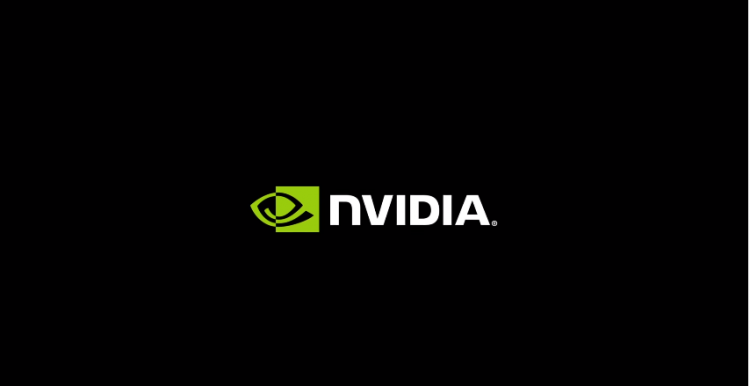The advances in recent years in the AI have produced algorithms for almost everything, such as the instantaneous translation up to image recognition. However, when it comes to the advances in the real world the advances are just getting started.
NVidia just announced a new product at the GTC. It is a $99 Al computer named the Jetson Nano. It can help speed up the process.
The Nano is the most recent in NVidia's line of Jetson. It is an embedded computing board that is used to provide the brains for the robots and other AI-powered devices. It will be able to handle tasks by plugging it into the consumer's latest creation. It will then able to manage tasks such as autonomous navigation and object recognition, without the help of the cloud processing power.
The setup is known to be as edge computing. It means that the data that is being processed from the microphones and cameras never leave the device. Thus, the end result is usually hardware that is more reliable, faster and more secure, according to The Verge.
As follows, the previous Jetson boards have been utilized to power a range of devices. It includes the shelf-scanning robots that are made for Lowe's to Skydio's autonomous drones. But, as for Nano, it is aiming for even smaller.
In line, NVidia is launching a developer kit of the Nano. Its target is the "embedded designers, researchers, and DIY makers" for $99. The production-ready modules for the commercial companies are $129 with a minimum buy of 1,000 modules, according to GlobeNewswire.
Meanwhile, the company also showcased a DIY project for advanced makers. Open-Source costs, $250 autonomous robotics kit names JetBot. The package includes a Jetson Nano along with a robot chassis, motors, and battery pack. It will allow users to build their own robot that is self-driving.
The $99 devkit, the consumers can get 472 gigaflops of computing, powered by a quad-core ARM A57 processor, 4GB of LPDDR RAM and 128-core NVidia Maxwell GPU. The Nano also supports a range of popular AI frameworks that includes, Caffe, Keras, MXNet, PyTorch, and the TensorFlow.
Thus, most of the algorithms will be plug-and-play. It also has the usual brace of interfaces and ports. It includes USB-A and B, support for microSD storage and Gigabit Ethernet.
Furthermore, NVidia mentioned that the company hopes for the Nano's price point should open up AI hardware development to the new users. During the briefing, the Deepu Talla who is the Nvidia's VP and GM of autonomous machines told the reported that "We expect a lot of the maker community that wants to get into AI but has been unable to in the past, the Jetson Nano will allow them to do that."






